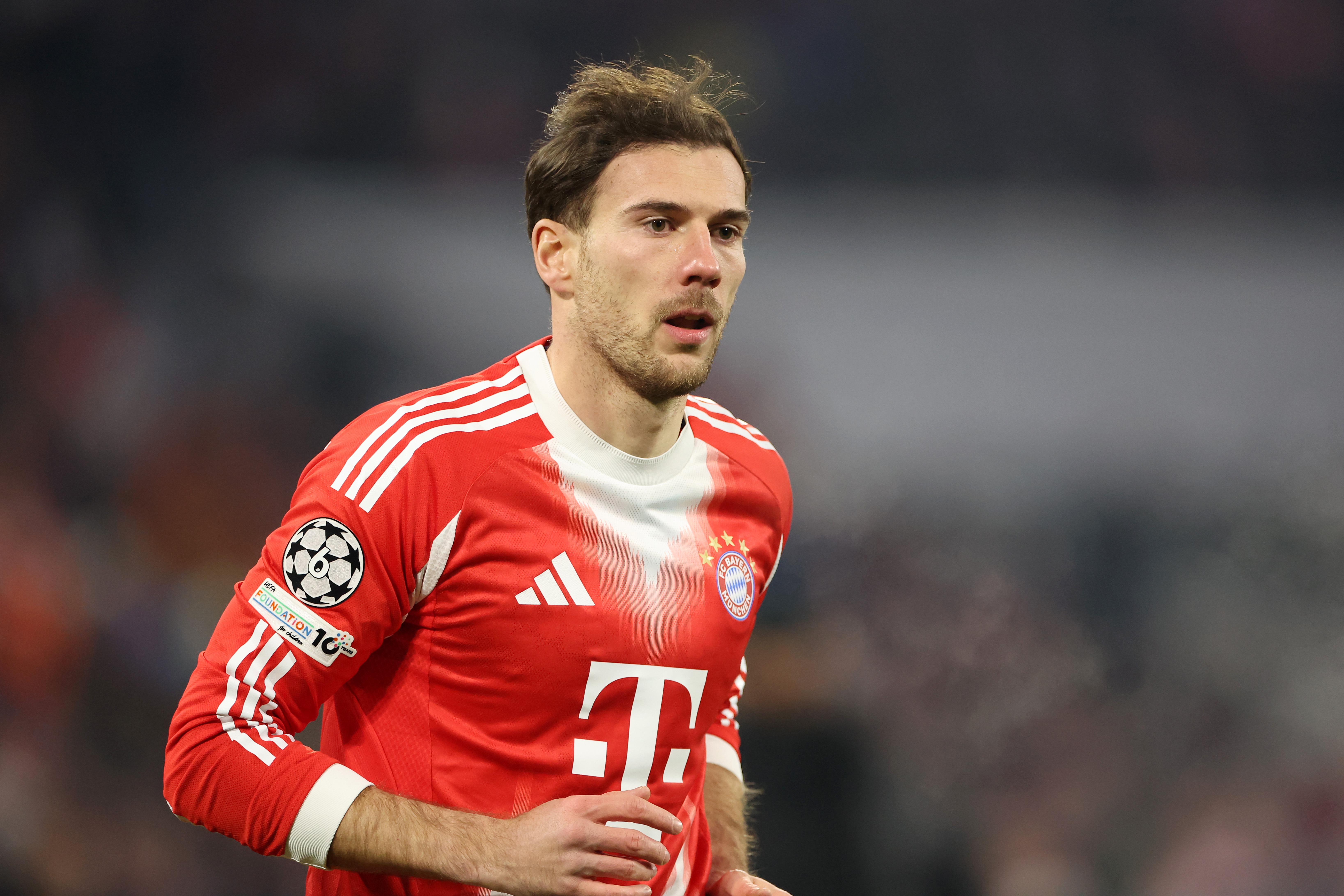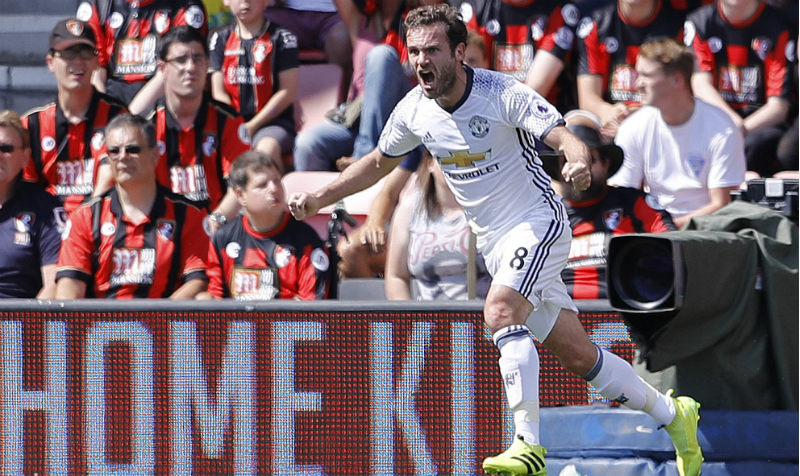
Hola Juan, how does a small player such as yourself survive in a division as physical as the Premier League?
It’s a good question! In England there are many big, strong players, which means I have to think a bit more because of the difference in size between myself and a lot of players. If you’re not tall or strong you have to move earlier and try to find the spaces before your rival. The mental side of the game is really important for smaller players – if you try and stand toe to toe with a bigger man then it’s very difficult to come out on top.
Do you adapt your game against fast or strong defenders?
It depends if you have the ball or he has the ball. If he has possession I make sure I’m smart tactically and pick up good positions to stop him from running into space or making a key pass. If I have the ball, I make sure my first touch is good – that’s really important. I also like to play one-twos with my team-mates to try and draw him out of position. It’s all about tricking him and you have to think really quickly.
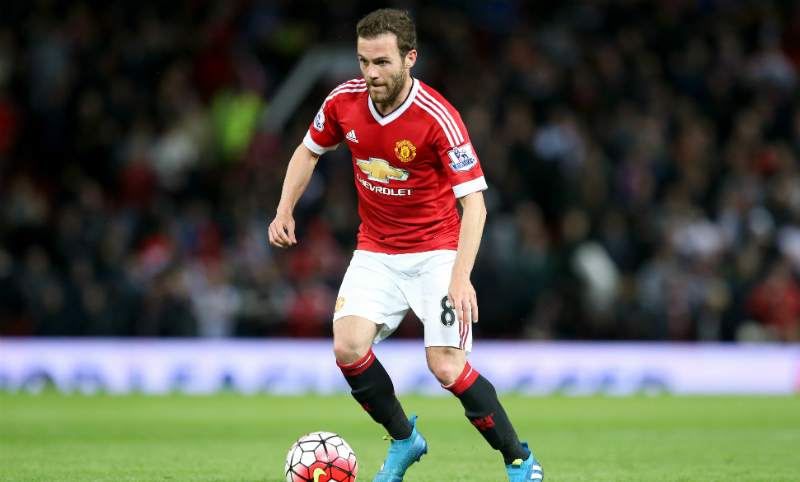
You’re good at finding pockets of space in a match – is that something you work on?
When I’m looking to find space in which to receive the ball, some of that is instinctive. I have a natural feel for where the ball is going to go because I’ve played the game for so many years. However, it’s something you can practice in training. It sounds like really obvious advice, but you need to think: where can I position my body to receive the ball best? Where is there likely to be more space? It’s important to have a good sense of orientation as this will enable you to make the right decisions in different areas of the pitch and be decisive when the time comes.
The best features, fun and footballing quizzes, straight to your inbox every week.
What’s the secret to keeping possession in tight spaces?
You need to look around – 360 degrees – all the time before you receive the ball. You need to know where you are, where your team-mates are and where the opposition is. When you watch Spanish players, you’ll see they always do this. Xavi is probably the best in the world at it. He is not that quick physically, but he’s quick in his mind and that’s one of the key qualities that great players possess.
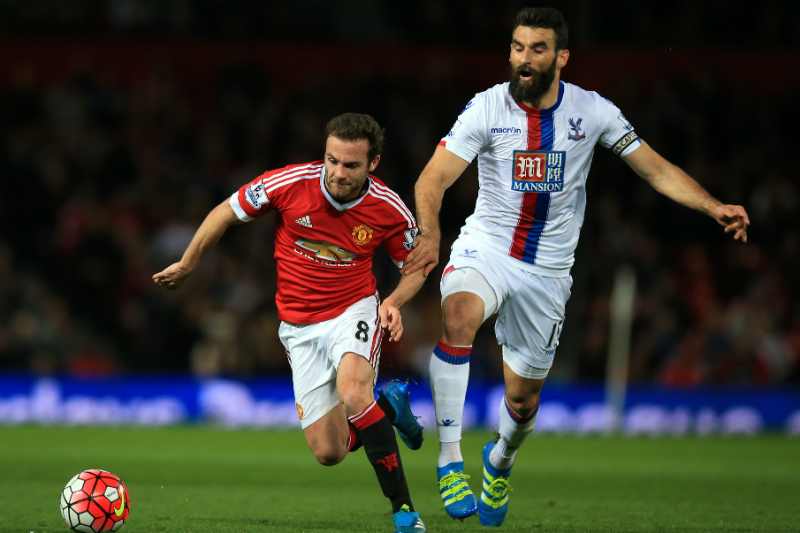
Are there any exercises you think are important for playmakers?
I use the gym three times per week, but it always depends on how many games we have. If we have two or three matches in quick succession then we can’t do too much as we need to focus on recovery. We do sessions that work both the legs and upper body. Even though I’m physically tiny I still make sure I do my physical work as well to make sure I avoid injuries and so I have a base level of strength with which to shield the ball.
What do you do to help your body recover after training or a match?
There are many areas of fitness that you need to work on. I do a lot of core and co-ordination work – I think it’s good to work on the link between the brain and your legs and feet. I also focus on reaction work for the feet and jumping exercises to improve power. I believe in fitness that is specific for the pitch. I always want to do things that I’m going to repeat during a game. You must train physically, but orientated towards the game.
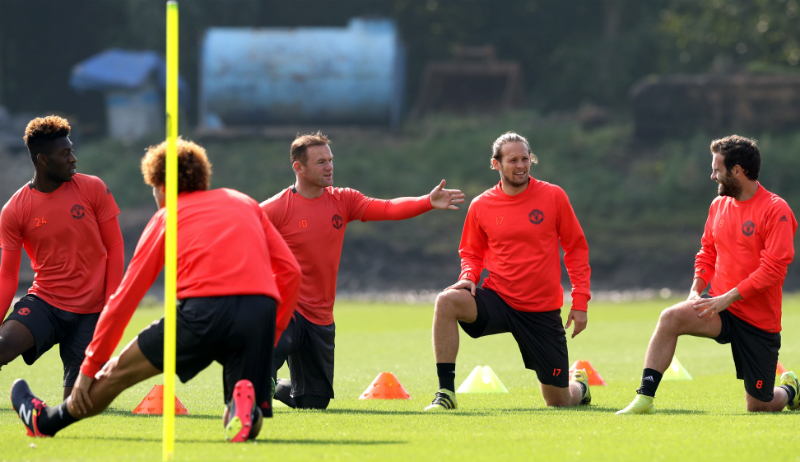
What do you do to help your body recover after training or a match?
When I lived in Spain I enjoyed an afternoon siesta but it’s something I’ve stopped doing since I moved to England because the culture is very different. I recover by doing lots of stretching and pool work – transferring between hot and cold water. I also eat lots of quality food so I recover from training and games as quickly as possible. You can’t get away with eating and drinking whatever you want – if you want a long career at the top level, you have to be disciplined.
What type of foods do you eat in order to fuel your performance?
I eat breakfast at the training ground and normally I’ll have toast and a banana so I have plenty of carbohydrates in my system before training. I also like glass of orange juice and a coffee to wake me up. We have a great chef, Mike, who makes fish dishes at lunchtime. I often eat salmon and pasta, particularly before matches. It’s a meal that’s always made me feel energetic before I play. Drinking lots of water is also vital as it helps to keep me hydrated. At home I like to cook something myself for dinner. A dish I eat a lot is Fabada, which is a rich Spanish bean stew. It’s probably my biggest meal of the day and keeps me nice and full before bed.
Juan Mata is the first global ambassador for streetfootballworld, a non-profit organisation which works with over 100 companies across 67 countries to help 1.2 million young people through football
Recommended stories
Van der Vaart: How to be a playmaker
Willian: The industrious playmaker
 Join The Club
Join The Club





